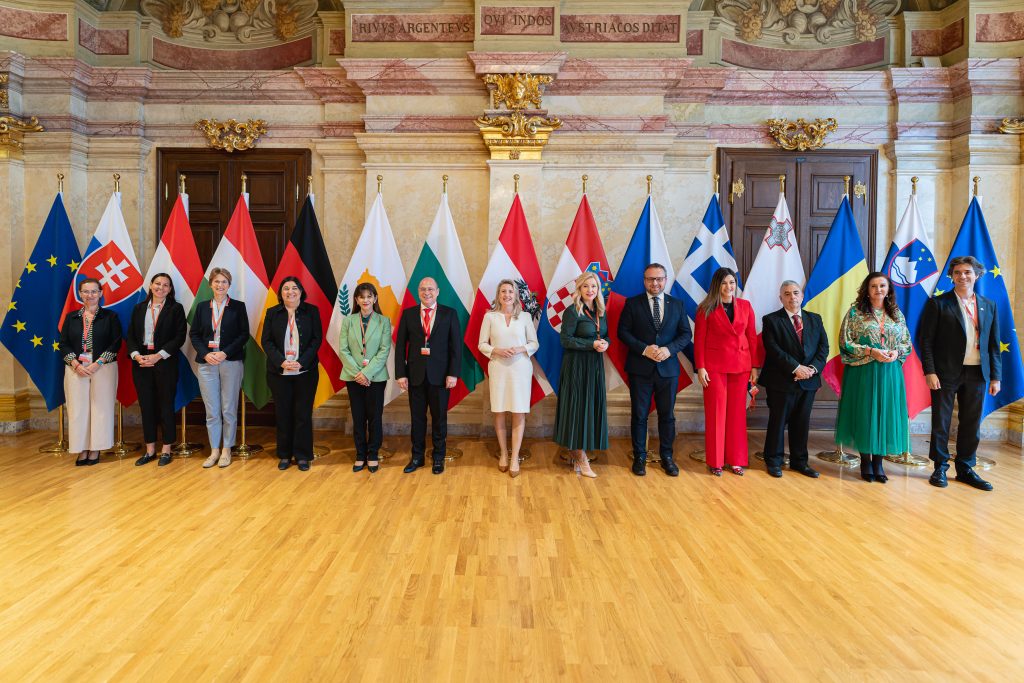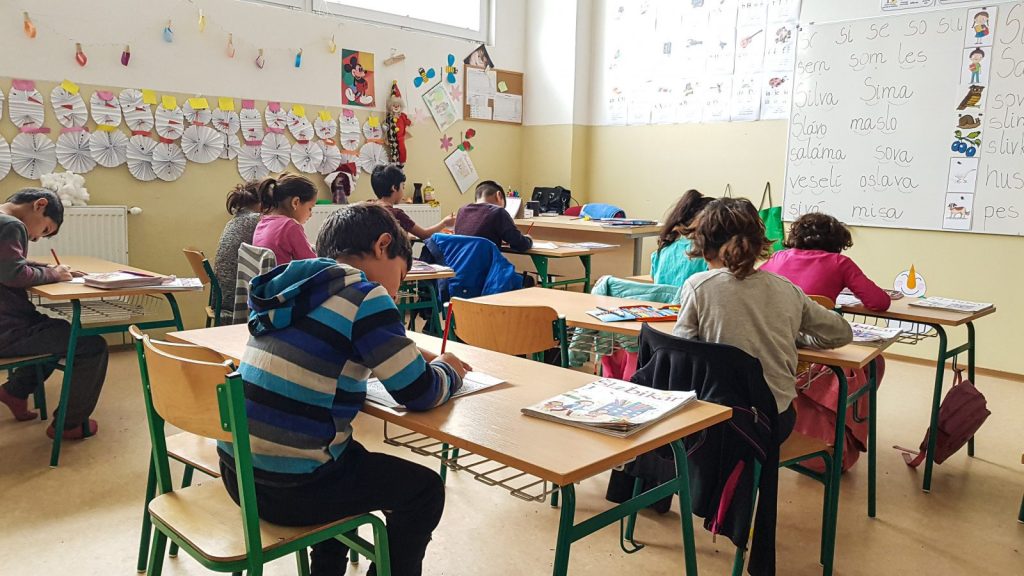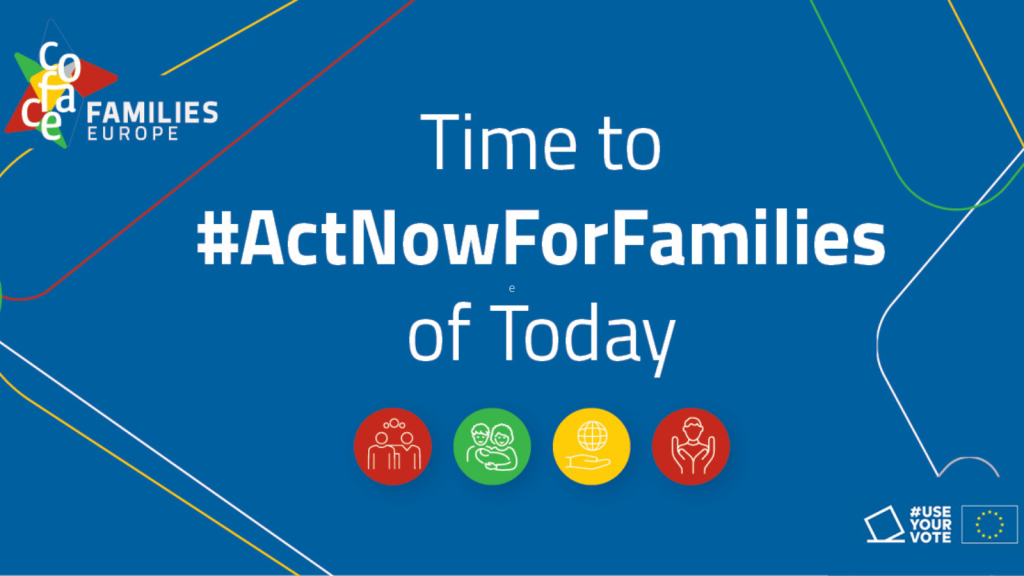Fostering early childhood education can boost women’s employment. According to an assessment conducted by the European Commission’s Joint Research Center (JRC), providing formal childcare to 40%, 50%, 60% and 65% of children under 3 would lead to remarkable increases in the labour supply of mothers.
To support the new Barcelona targets for 2030 on childcare, the JRC analysed the impact of alternative scenarios of formal childcare policies on the labour participation of mothers for a number of EU countries. The estimated impact is higher for countries with lower current share of formal childcare and/or lower women’s labour participation.
Assessing the impact of alternative scenarios of formal childcare policies on the labour participation of mothers
The Barcelona targets on childcare were first adopted by the European Council in 2002 with the aim of increasing women’s participation in labour markets by enhancing the provision of early childhood education and care (ECEC). As part of the European Care Strategy, in 2022, the European Commission proposed a revision of the targets, to help further promoting the equal sharing of care responsibilities between women and men and women’s economic empowerment.
Following the EC proposal, the Council recommended that by 2030, at least 96% of children between the age of three and the starting age of compulsory primary education and at least 45% of children below the age of three receive early childhood education and care – with specific targets for Member States that have not reached the 2002 goals.
To support the revision of the targets, the JRC assessed the impact on mothers’ labour participation of alternative scenarios of formal childcare policies for a number of countries. The selected countries (Estonia, Ireland, Italy, Hungary, Austria, Poland, Portugal, Finland) represent currently different participation of women in the labour market (activity rate of women in Italy and Poland were below EU-27 average in 2021, while Finland and Estonia register the highest rate). They also have different childcare systems.
Significant increases in the labour supply of mothers
Results show that providing formal childcare to 40%, 50%, 60% and 65% of children under 3 would lead to significant increases in the labour supply of mothers, especially in countries where the current labour participation of women and the share of formal childcare is low. For example, an increase in early childhood education and care to 50% for children under 3 would lead to increases in female labour supply ranging from 4% (Portugal) to 48% (Hungary), depending on how close the country is to the 50% target and the female employment at the starting point. Final employment effects, however, would be less pronounced when taking into account the demand side of the labour market: for the same scenario, the general increase in labour market participation is expected to range from 2% (Portugal) to 32% (Hungary).
Policies consisting in reducing childcare fees are also analysed, showing that they would be most effective to support mothers’ labour market participation in countries where childcare fees are relatively high. To monitor variables relevant to reach the Barcelona targets such as accessibility, affordability and quality, the Council recommendation requested to include them in the Gender Equality Strategy Monitoring Portal. Managed by the JRC this online tool facilitates policy makers, researchers and stakeholders readily available data on the progress of the key objectives of the Gender Equality Strategy.
Microsimulation-based models can help best design childcare related policies
The JRC analysis has made use of the EUROMOD model and further developed the EUROLAB model, to simulate female labour supply reactions to formal childcare reforms. The work sheds light on the usefulness of microsimulation-based models to provide empirical insights on responses of individuals to childcare related policies in the EU, thus contributing to the discussion of how to best design these policies to attain their goals.
Read more here.





